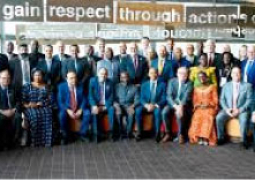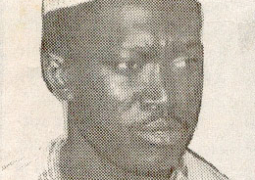The council has recently been enlightening the people on governance, the duties of the citizen and legal rights and responsibility, constitutional guarantee of basic freedoms, among others.
Although the council has been executing its mandate it, however, deserves commendation for making the people, particularly the masses, engage in the democratization and development process of the country.
By executing its mandate, the council is providing the people with civic education – an education to equip citizens with knowledge about their rights and obligations as they are part of the society and the global community.
We are of the conviction that through such education we can enhance and promote the demand for good governance in the country.
Civic education can be used to address a wide variety of political and governance issues such as corruption, civic apathy to voting, as well as important social issues like domestic violence.
But it will be interesting if the NCCE can do a survey to find out what Gambians know, don’t know and mistakenly believe as their civic rights and responsibilities.
The survey can make a good case for the council to lobby for more funds not only to continue with the civic education programmes, but also to do it intensively and consistently because, for sure, it will reveal the fact that most of the masses don’t either know or are having misconceptions about their civic rights.
We also hope the NCCE is making efforts to make sure that civic education is being taught as part of the regular curriculum in primary and secondary schools in the country.
Researches have proven that by far the most widespread application of civic education is in formal school education.
However, we are not in any way trying to downplay the usefulness of the current awareness creation through focused group discussions and other informal teaching and information-sharing methods adopted by the council.
This form is very important, particularly when it comes to voter education.
As we applaud the NCCE for the good job they are doing we hope to remind them also that there is a great need for more civic engagement across the country.
“TA constitutional democracy is in serious trouble if its citizenry does not have a certain degree of education and civic virtue.”
Phillip E. Johnson
Read Other Articles In Article (Archive)
Badingbung presents to Islamic institution
Aug 18, 2010, 12:28 PM




